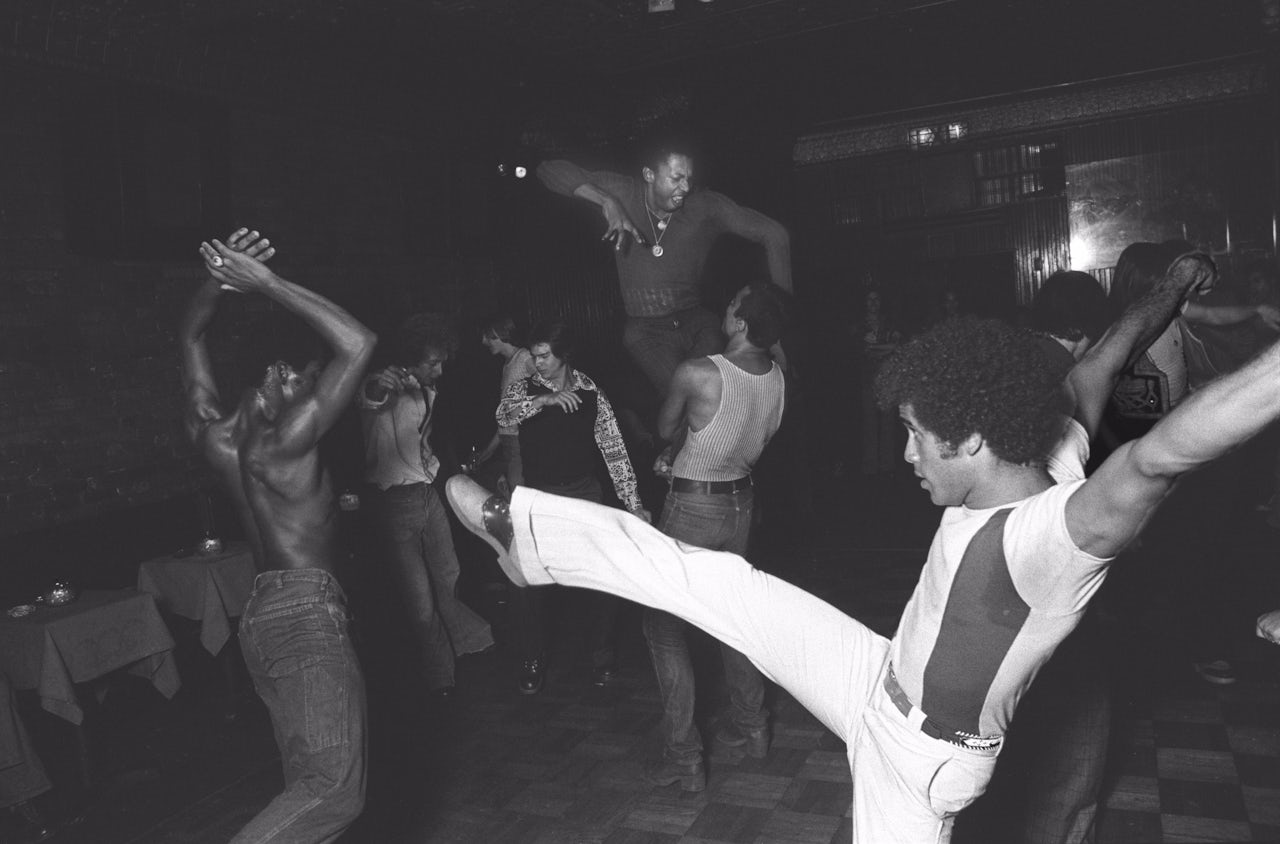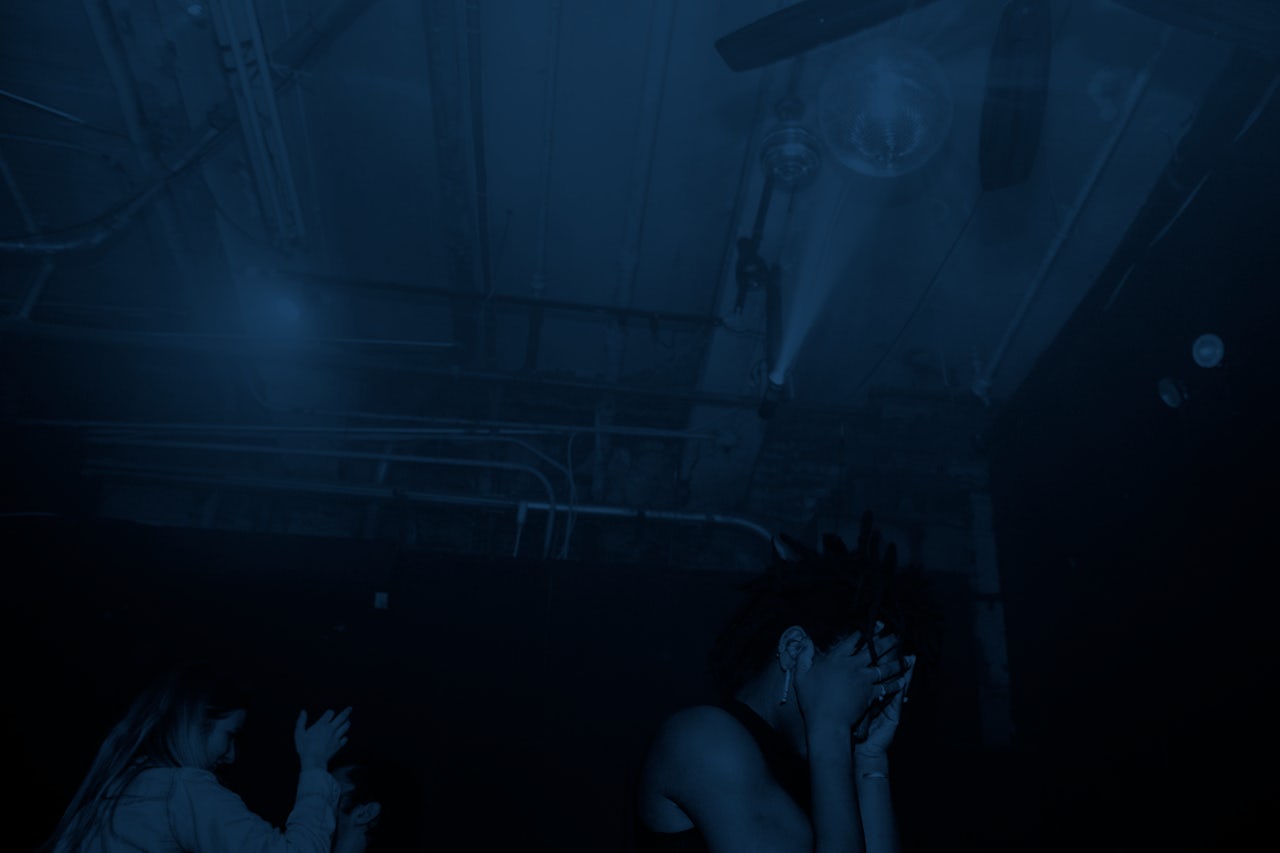One of New York City’s most celebrated qualities is its rich history in American music. Over the past century, New Yorkers have danced their way through the birth of jazz, disco, hip-hop, and other quintessentially American art forms. So the city’s cabaret law, a peculiar piece of legislation passed in 1926 that makes it illegal to dance in venues that don’t have a specific license, feels especially wrong. According to the law, “any room, place or space in the city in which dancing is carried on and to which the public may gain admission” could be considered a public dancing hall, thus requiring a license.
Once upon a time, the law impacted jazz musicians most acutely. For example, until a 1986 court challenge, a club needed a license if its owners hoped to book saxophone players, but not if they booked musicians playing accordions. Today, out of more than 12,000 establishments with licenses to sell alcohol, fewer than 100 can legally allow dancing; in many neighborhoods, like in East Harlem and large swaths of the Bronx, there are no licensed venues for dancing at all. The law hasn’t always been enforced strictly, but according to critics, it has been used to target communities of color. And for the owners of bars and clubs around the city, it’s been a looming threat for decades.
But a new bill, introduced this summer by city council member Rafael Espinal and co-sponsored by councilman Antonio Reynoso, hopes to be the death knell for the cabaret law. The bill has the support of the Dance Liberation Network, a group of activists led by Frankie Hutchinson, one of the founders of the DJ collective and booking agency Discwoman, and John Barclay, the manager of the Bushwick bar Bossa Nova Civic Club. According to Hutchinson, the changing mood under Trump might be what helps end the ban on dancing. With a progressive mayor and a public increasingly weary of restrictions on expression, it’s possible that this year, 91 years after it was enacted, New York might finally repeal its cabaret law.

